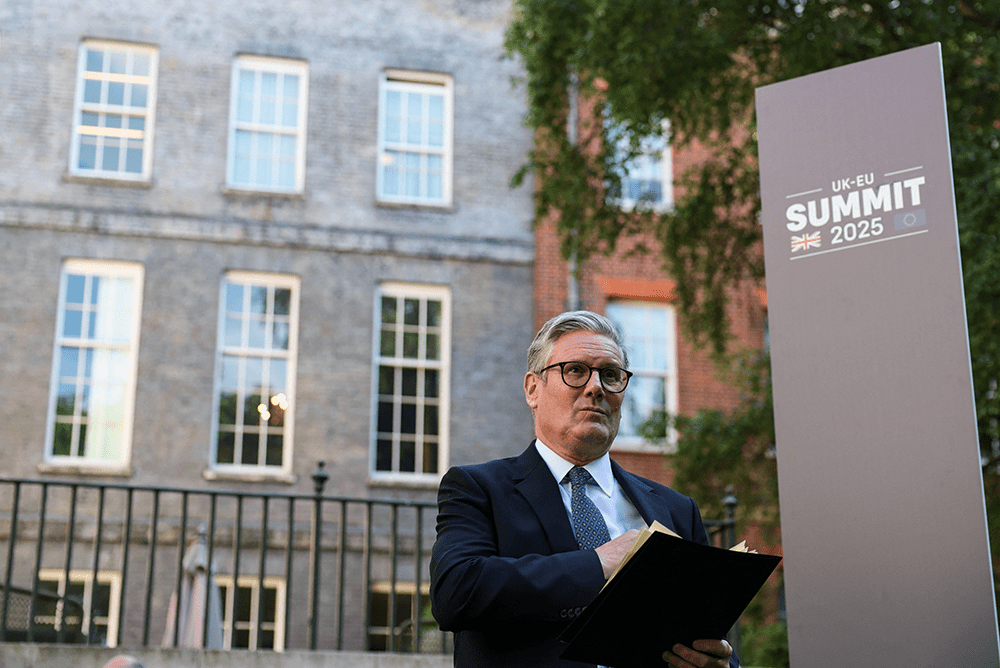
The problem with Keir Starmer’s approach to Brexit is that it fundamentally misunderstands the country. It isn’t that the Leave-voting public have realised that they made the wrong choice, foolishly tricked by the slogan on the side of a bus a decade ago. Voters in Grimsby have not suddenly been won round to the virtues of the Common Fisheries Policy. Most Leavers do not suddenly think shorter queues at the airport in Sofia is worth the downward pressure on wages caused by thousands of young Bulgarians who (understandably) will think Britain’s £12.21 minimum wage is more attractive than Bulgaria’s roughly £3 per hour.
The reason people feel dissatisfied with Brexit is not that the UK has diverged from the EU but because it hasn’t diverged enough. Leave voters were rejecting a political economy that concentrated wealth in London’s financial and creative industries and sucked out meaningful employment from other parts of the country. It’s globalisation that voters are fed up with.
Brexit was a constitutional ‘revolution’ in the old meaning of the word – a return to the original state of things. It returned to the government full control of industrial policy – trade, state aid, nationalisation, immigration, procurement, fishing, agriculture. Brexit brought back these powers along with an expectation of a much more active state; this was plain to the public but perhaps less so to the political class. That fundamentally different state was the real test of Brexit’s success. Boris Johnson understood this better than most. Levelling up was absolutely the right strategy, but it didn’t go nearly far enough. Regional policy has to be much more than grants for high-street facelifts.








Comments
Join the debate for just $5 for 3 months
Be part of the conversation with other Spectator readers by getting your first three months for $5.
UNLOCK ACCESS Just $5 for 3 monthsAlready a subscriber? Log in